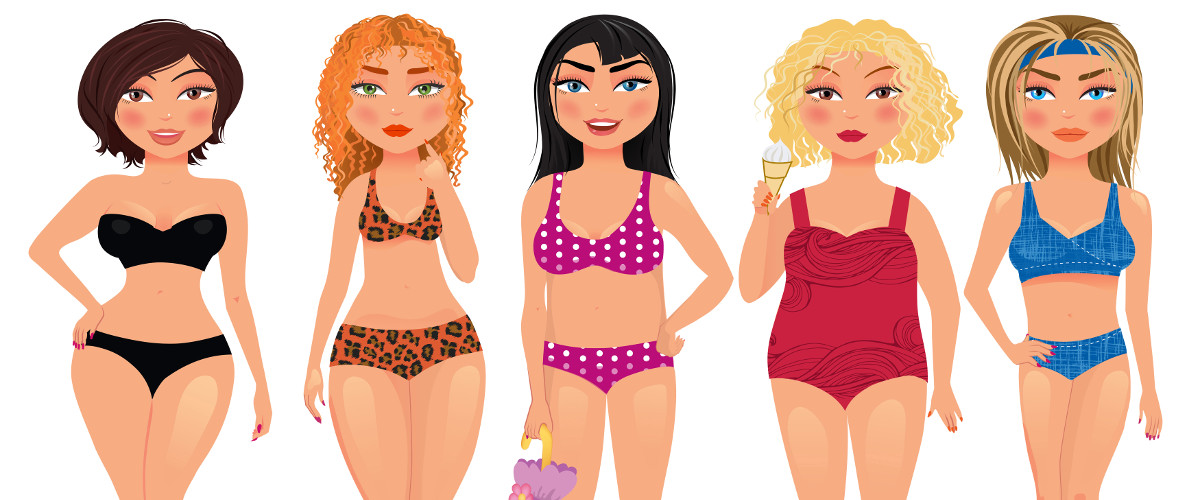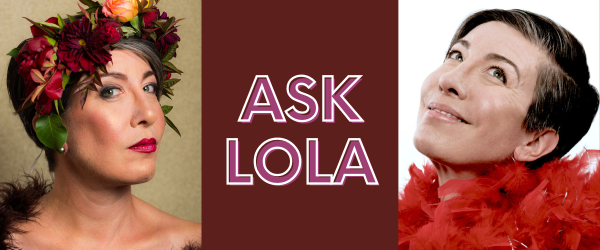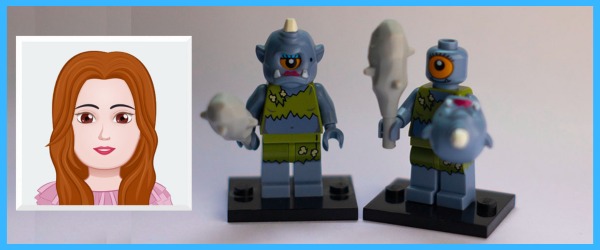How you view yourself and how others view you are often completely different.
Women, especially, are held to a precise, often counterintuitive and unrealistic, standard of “beauty” — and the pressure to achieve “perfection” sometimes leaves women viewing themselves far differently (and more negatively) than they truly appear. Based on the amount of exposure, women who work in the public eye are more frequently subject to off-mark standards than, say, women who work as freelance writers. Camming amps up that exposure. Working in front of an audience of nameless, faceless, largely heterosexual men makes women who work in cam far more susceptible to public scrutiny, which can greatly affect self-esteem.
Who cares what nameless, faceless dudes think?
No matter how thick-skinned we’ve trained ourselves to be, words can hurt. Letting the words become an obsession is how disorders like body dysmorphia develop. More of us should be spreading awareness about the condition.
As defined by the Mayo Clinic, body dysmorphia is “a mental disorder in which you can’t stop thinking about one or more perceived defects or flaws in your appearance — a flaw that, to others, is either minor or not observable.”
It’s easy to see how working in cam can help an obsession develop. One person might comment on something, and very quickly it is all you think about — even if no one else comments on it ever again. You might see yourself on camera from a certain angle and catch a flaw that only you notice or think about. When continuing to view yourself, it’s all you can see. The rest of your body is clouded by that one thing. This happened to me all the time with my chin, mostly. No matter what the photo, my eyes would go straight to my chin. I hated my chin, particularly the second chin I perceive to be sticking out underneath it. Friends would post pictures of me and I would ask them to remove it if the chin shot was not acceptable. Others would see images of me I’ve never posted and tell me how good I looked, but all I could see was that chin and refused to believe them.
Community can help.
Luckily, my obsession never went so far that it became something more drastic. With the help of family and friends, I got over it. I know that’s not the case for every woman, and the dangers that can ensue can be extremely damaging. That’s where the internet can be a profound space for support. Not feeling alone can do wondrous things when battling eating disorders, body dysmorphia or general low self-esteem. Take this YouTube video from Lydia’s Fight, for instance.
If you find yourself struggling, or beginning to struggle, with body image don’t, hesitate to reach out to anyone who could help. Of course, the internet is not the only source for help. It can be a great start, though. Definitely look into counselors and programs near you that can put your mind and body at ease. Don’t be afraid to speak out. You are not alone. People are here for you.
Bottom line, as awful as the internet sometimes can be, it also can be incredibly life-changing. Finding spaces on the internet where people have faced similar struggles can open your world to so many new and more positive possibilities.
—
Sonia Stevens is a writer-comedian who picks apart the absurdities women face daily. Email her at Sonia.Stevens@ynotcam.com.










